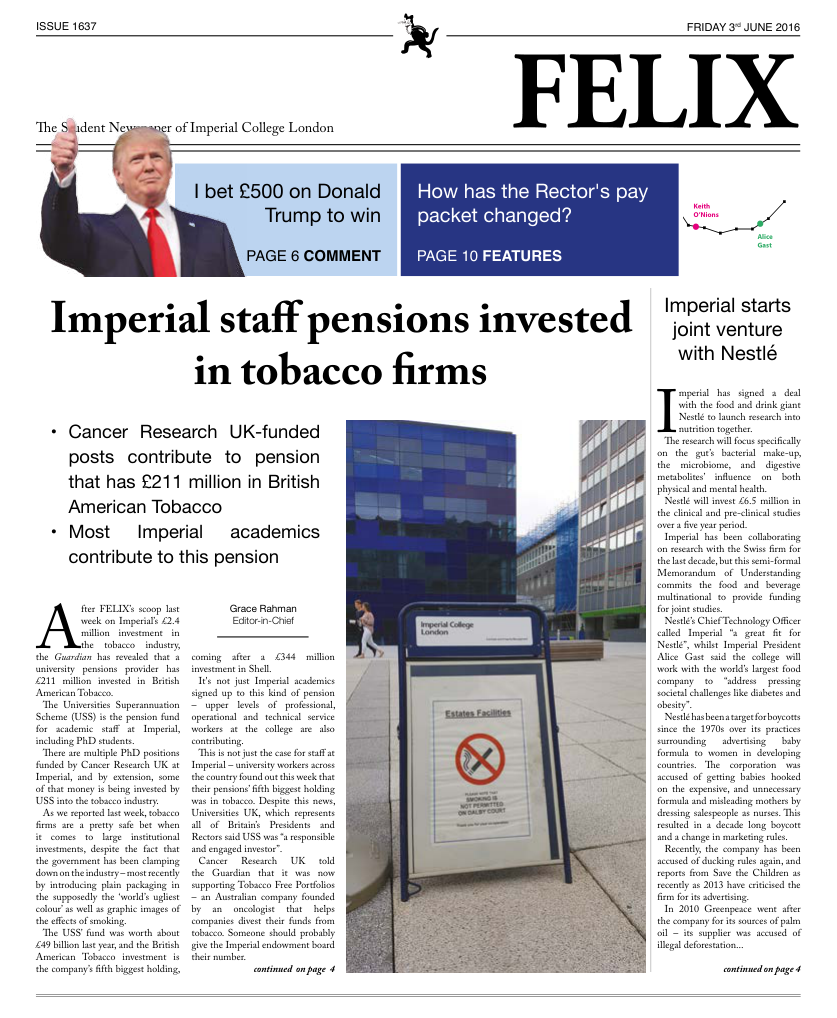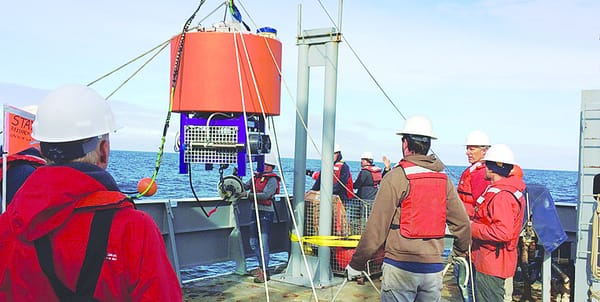Science & the City
Our regular science column
Very few of us are here at Imperial because we’re interested in the inner machinations of the political beast. But as argued lately in Felix, science and scientists need to wake up and start caring about science and policy. Besides being a way to sell ourselves better and increase funding from one of our largest donors (the government), gathering technical knowledge and transforming it into human wisdom requires prescience about how it will affect society. And one of the most powerful, overarching frameworks for societal influence is politics.
In some fields, like theoretical mathematics, the link between science and policy is difficult to tease apart, but in others, such as climate studies, it’s quite obvious. Well known governments desperately need to start implementing policies to establish a future that’s adaptable to rapidly changing climate conditions. Science is one of the only tools through which we can predict what that future may look like. However, policy-makers in the UK and many other western countries are largely not trained in science, its technical language, or the implications of it. As a result, despite the existence of in-house policy translators, scientists themselves need to be already tweaking their messages for policy-makers.
Professor Martin Siegert of Imperial recently co-authored a paper on the Totten Glacier of Antarctica, potentially predicting an additional three metres to on-going sea level rise. These types of stark scientific numbers can serve as powerful political forces, but need to be framed the right way to get the message across.
Siegert argues that it’s important for the scientific community to “translate scientific research to decision-makers, wherever they are, as we have a loss of knowledge and expertise as we move from science to decisions”.
While not all of us will be studying political sciences, we should always think just how our research can have policy impacts to benefit society, and be able to frame it accordingly. Ultimately, this may be some of the greatest meaning our work has.








